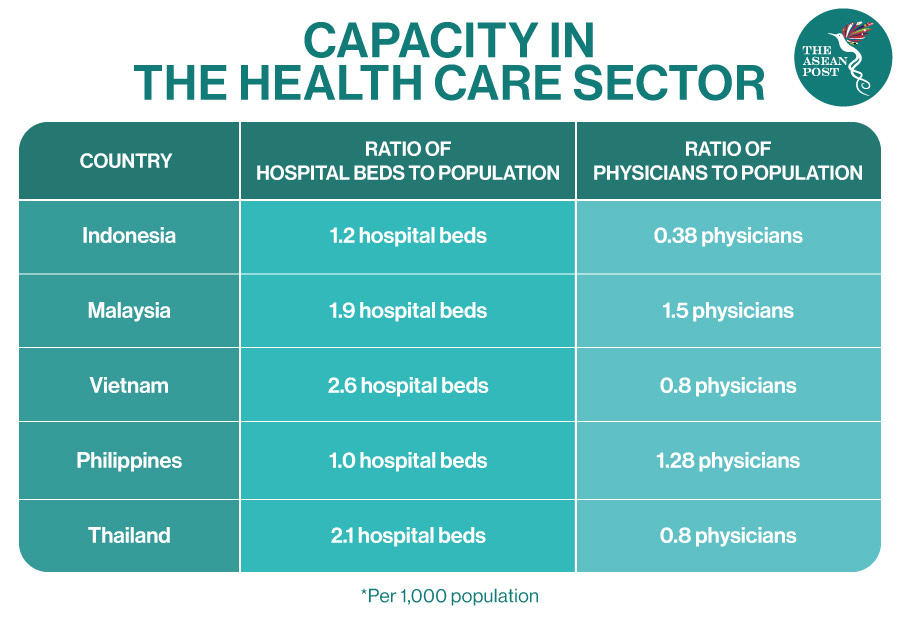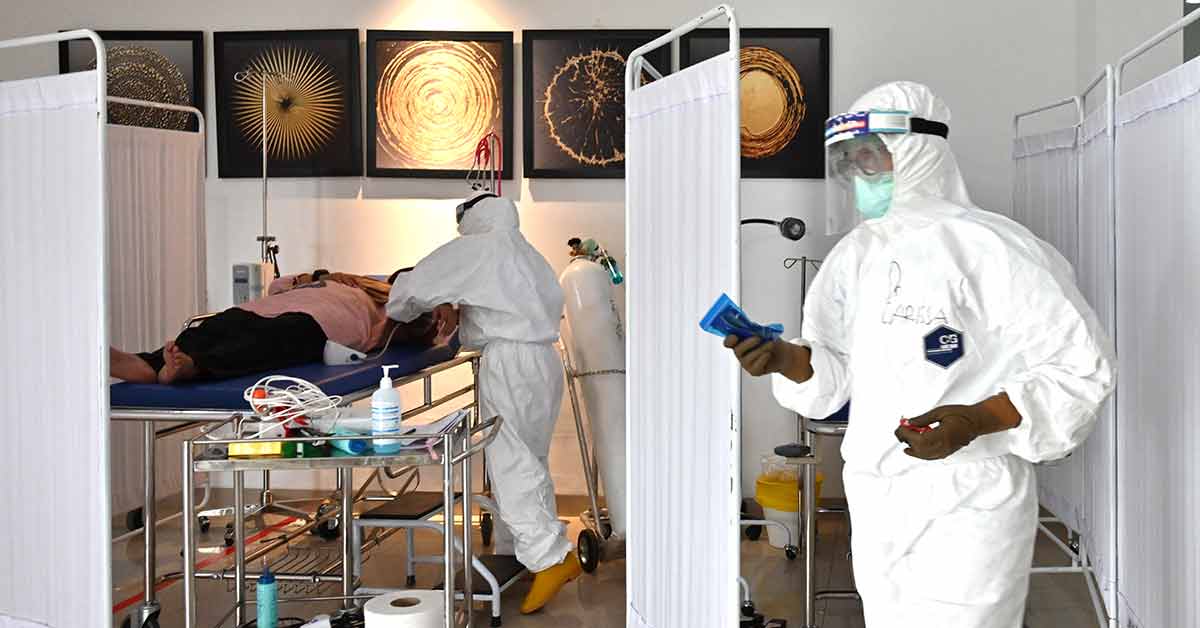According to the International Council of Nurses (ICN), more than a thousand nurses around the world have succumbed to the deadly COVID-19 coronavirus. The Geneva-based federation branded the situation “catastrophic” and criticised governments for not doing enough to protect front-line healthcare workers amid the pandemic.
“As of 14 August, the cumulative number of reported COVID-19 deaths of nurses in 44 countries is 1,097,” the ICN stated in a report. “As our dataset only covers 44 countries with recorded nurse deaths, ICN believes the number significantly underestimates the situation.”
Human rights organisation, Amnesty International also added that as of 3 September, at least 7,000 healthcare workers of all types had died from the deadly COVID-19 virus. Whereas across Asia-Pacific, more than 170 fatalities among health front-liners have been reported and over 12,000 of them have contracted the disease.
“Nurses and other health workers are still being exposed to COVID-19 and all its associated risks, including violence and prejudice, mental illness, infection in what we now believe to be possibly thousands of cases, making the ultimate sacrifice by paying with their lives,” said ICN president Annette Kennedy.
Indonesia In Crisis
As of 16 September, 578,105 cases of COVID-19 have been reported across Southeast Asia, based on The ASEAN Post COVID-19 daily update. Both the Philippines and Indonesia have recorded more than 200,000 infections each, making them the epicentres of the virus in Southeast Asia.
Worryingly, the archipelagic nation of Indonesia has the highest number of fatalities in the region to date, standing at 9,100 – about 64 percent of all deaths in the region. Unfortunately, a significant number of its health front-liners are included in the grim tally.
Indonesia ranks among the countries with the highest number of health worker deaths due to COVID-19. Amnesty International has recorded the COVID-19 fatalities of 181 medical workers in Indonesia in the last six months, which include 112 doctors and 69 nurses.
Halik Malik, spokesperson of the Indonesian Doctors Association (IDI) explained that periodic examinations of health workers have not been consistently conducted as hospitals are overwhelmed by the rising number of COVID-19 infections.
“The infected staffs have to be in isolation and the healthy ones are exhausted from working overtime,” he added.
Health experts are saying that poor protocols in hospitals, a lack of regular testing of healthcare workers, and slow test result turnaround times have contributed to the deaths.
Even before the virus emerged in Indonesia, capacity constraints were already an issue in the ASEAN member state. A 2020 report titled, “Rising to the COVID-19 Health Care Challenge in Indonesia” released by multinational professional services network organisation, Deloitte, revealed that as of January 2020, the country has only about 321,544 hospital beds – to serve a population of 270 million people.

Deloitte identified three key aspects of Indonesia’s healthcare capacity constraints which include shortage of manpower and facilities, lack of protective equipment and operational funding issues.
However, media reports have stated that the Indonesian government has been able to provide personal protective equipment (PPEs) to healthcare workers after an initial shortage that saw doctors having to wear plastic raincoats as makeshift PPEs while working. Unfortunately, other issues still remain.
“Our health system is weak, the number of doctors is not ideal, the number of specialist doctors is very few and many have become victims of COVID-19 now,” said Nurul Nadia, a public health expert from the Center for Indonesia’s Strategic Development Initiatives.
Executive director of Amnesty International Indonesia, Usman Hamid has urged for more attention to be given to the needs of healthcare workers amid the crisis.
He noted that health workers have also experienced stigma and violence because of the nature of their jobs. An example of this is the case in Sewakul village, Semarang regency in Central Java where local residents opposed the burial of a nurse who perished from the deadly outbreak.
“We urge the state to take its response to COVID-19 seriously and to better protect those healthcare workers who are battling the pandemic at the forefront,” said Usman. “The state must ensure adequate compensation for health workers and protect those who have faced reprisals for raising health and security concerns to prevent further unjust treatment against health workers.”
Related Articles:
